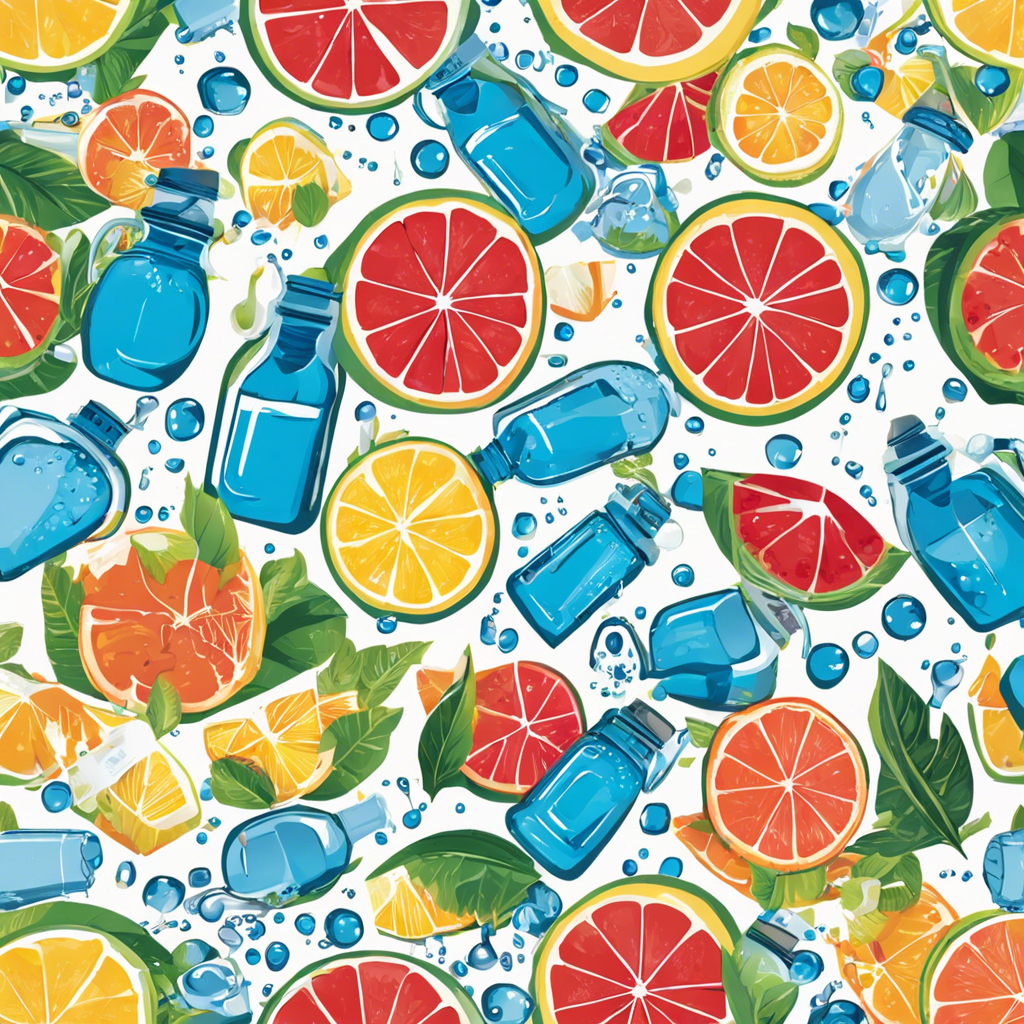Staying hydrated is one of the most important things you can do for your body, and it’s essential for your overall health and well-being. Our bodies are made up of about 60% water, which is involved in almost every bodily function, from digestion to temperature regulation to transporting nutrients and oxygen to cells.
Water is crucial for optimal health, and proper hydration can help prevent or alleviate a multitude of health issues. For example, drinking enough water can help prevent kidney stones, reduce the risk of urinary tract infections, improve mood and energy levels, aid in weight loss, and promote healthy skin. Dehydration, on the other hand, can lead to fatigue, dizziness, reduced cognitive function, and in severe cases, heat stroke or seizures. It is therefore crucial to ensure that we are adequately hydrated at all times.
So, how can we make sure we’re getting enough fluids? The recommended daily water intake is often stated as eight 8-ounce glasses, which equates to about 2 liters or half a gallon. However, it’s important to remember that everyone’s needs are different, and factors such as activity level, climate, and health status can influence how much fluid you should consume. As a general rule, listen to your body and respond to your thirst.
Water is the best source of hydration, and it’s cheap and easily accessible, so there’s no excuse not to drink enough! Carrying a reusable water bottle is a great way to remind yourself to drink more and cut down on single-use plastic waste. If you find plain water boring, you can always infuse it with fruit, herbs, or even cucumber slices for a touch of flavor.
In addition to water, fluids can also be obtained from other beverages and foods. Tea, coffee, and juices can contribute to your fluid intake, but be mindful of their sugar and caffeine content, as excessive consumption can be dehydrating. Soups, fruits, and vegetables with high water content, such as watermelon, strawberries, cucumbers, and celery, can also help you stay hydrated.
It’s important to be mindful of your hydration needs, especially during hot weather, illness, or intense physical activity, as these are times when your body may require additional fluids. Monitoring the color of your urine can be a simple way to assess your hydration status; light-colored urine indicates adequate hydration, while darker urine suggests you need to drink more.
Finally, don’t forget about the electrolytes! Sodium, potassium, and chloride are essential minerals that help maintain fluid balance in the body, and they’re lost through sweat. Including a sports drink or coconut water in your hydration regimen, especially after intense exercise, can help replenish these electrolytes and keep your body functioning optimally.
Staying hydrated is simple yet impactful for your health, so make sure you’re drinking enough water and listening to your body’s needs.

